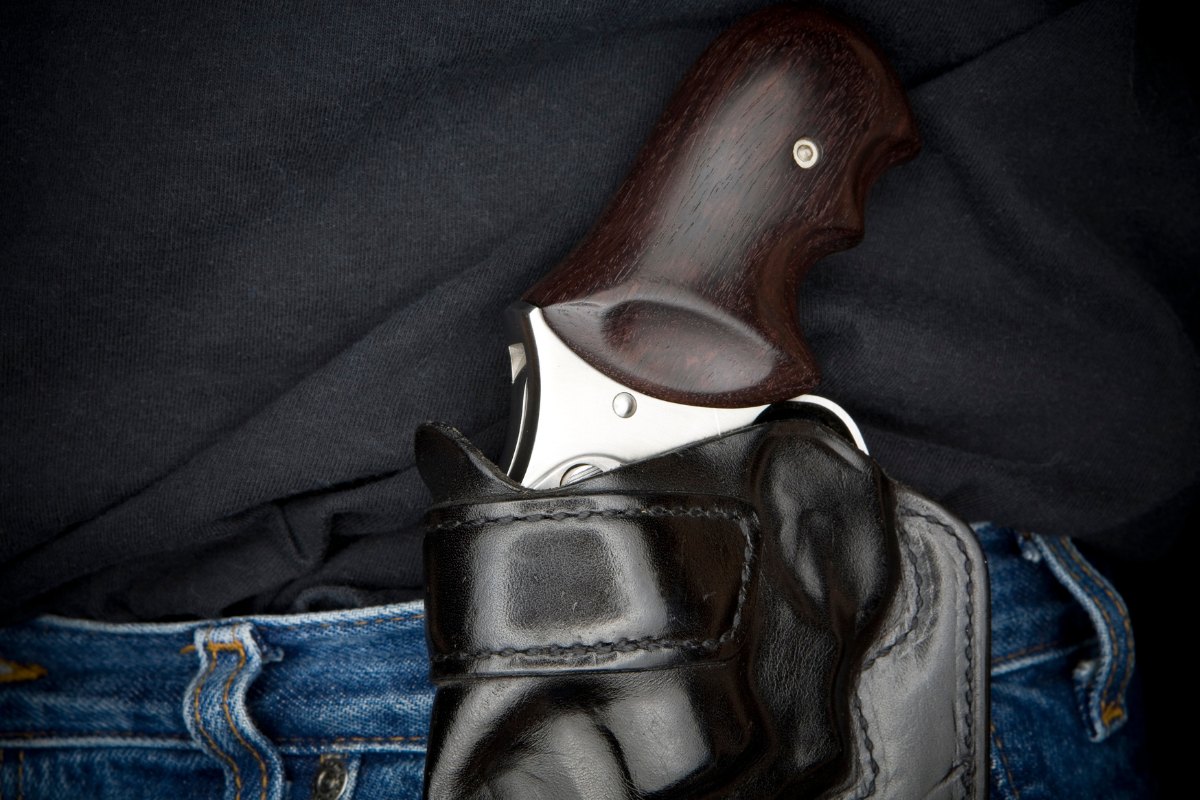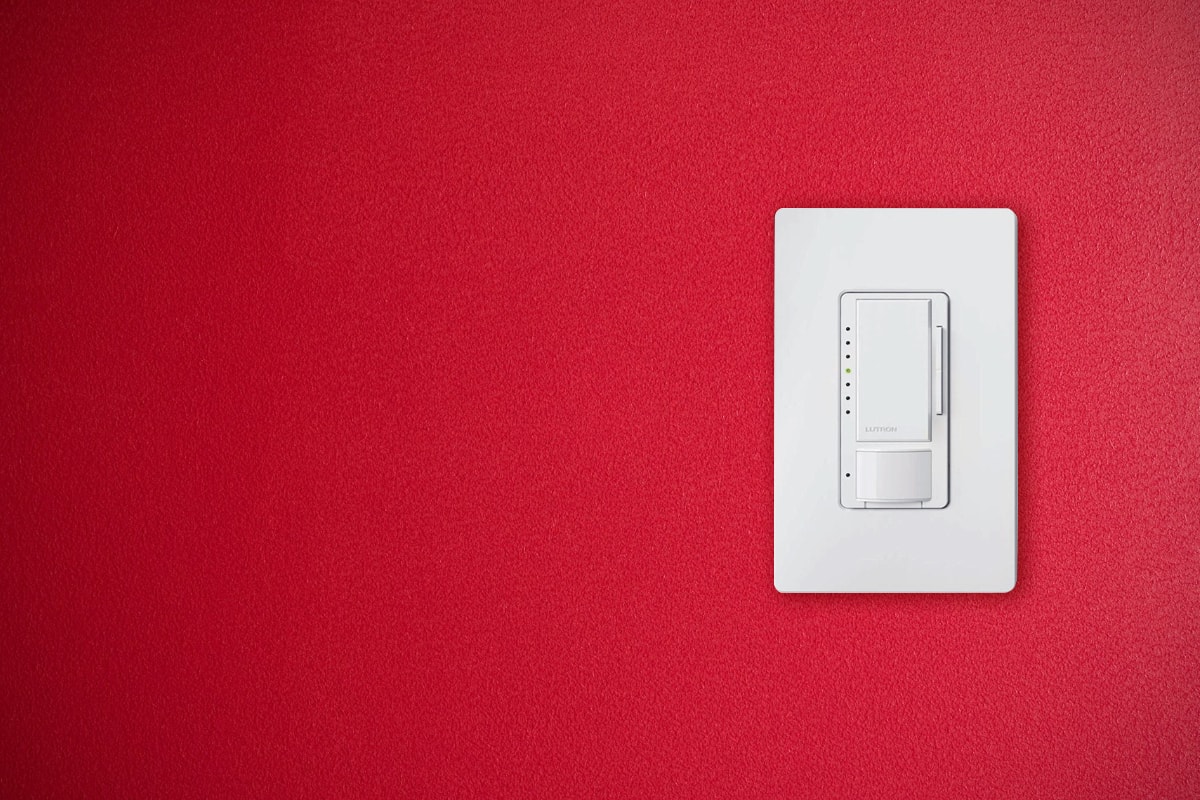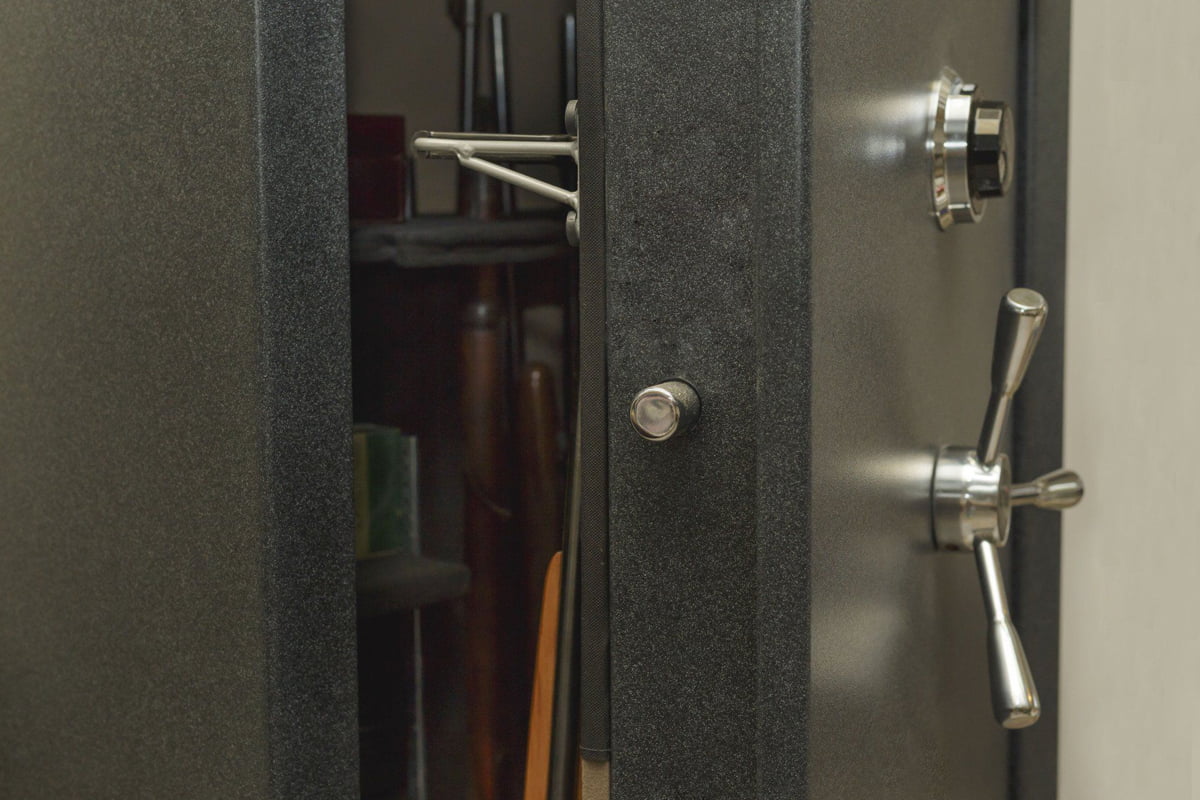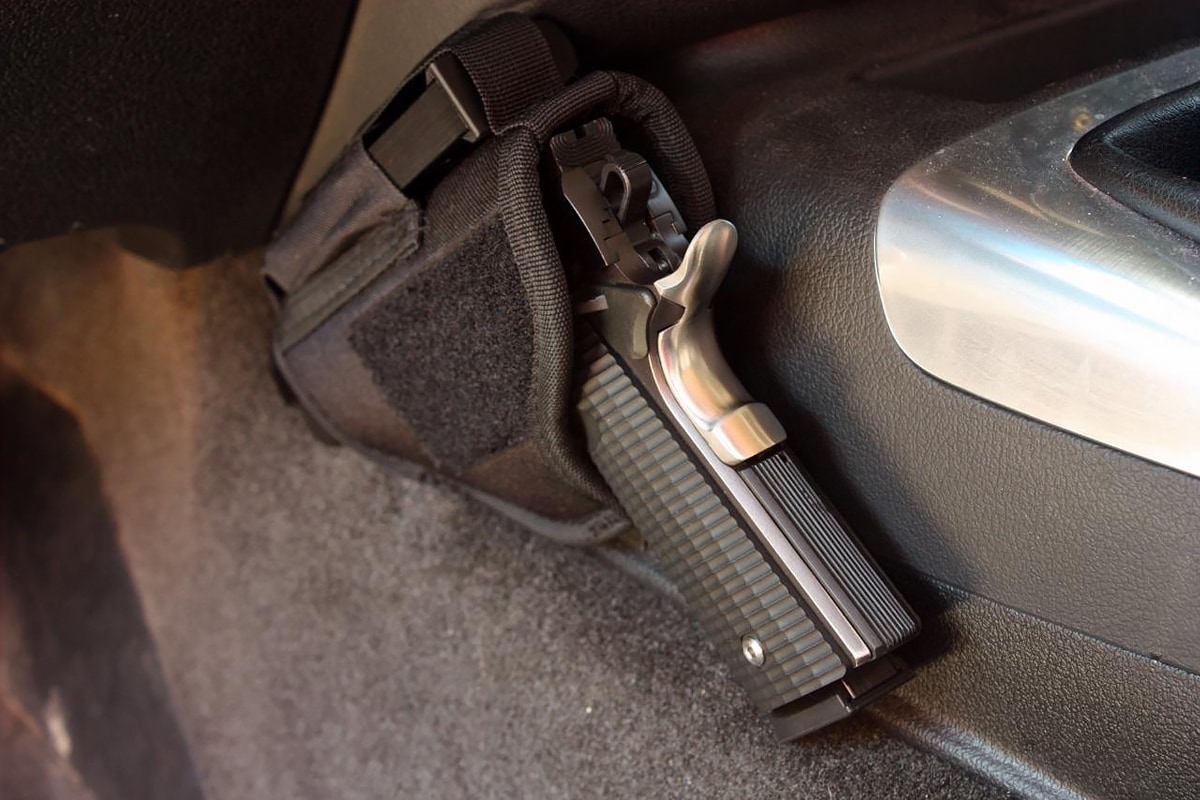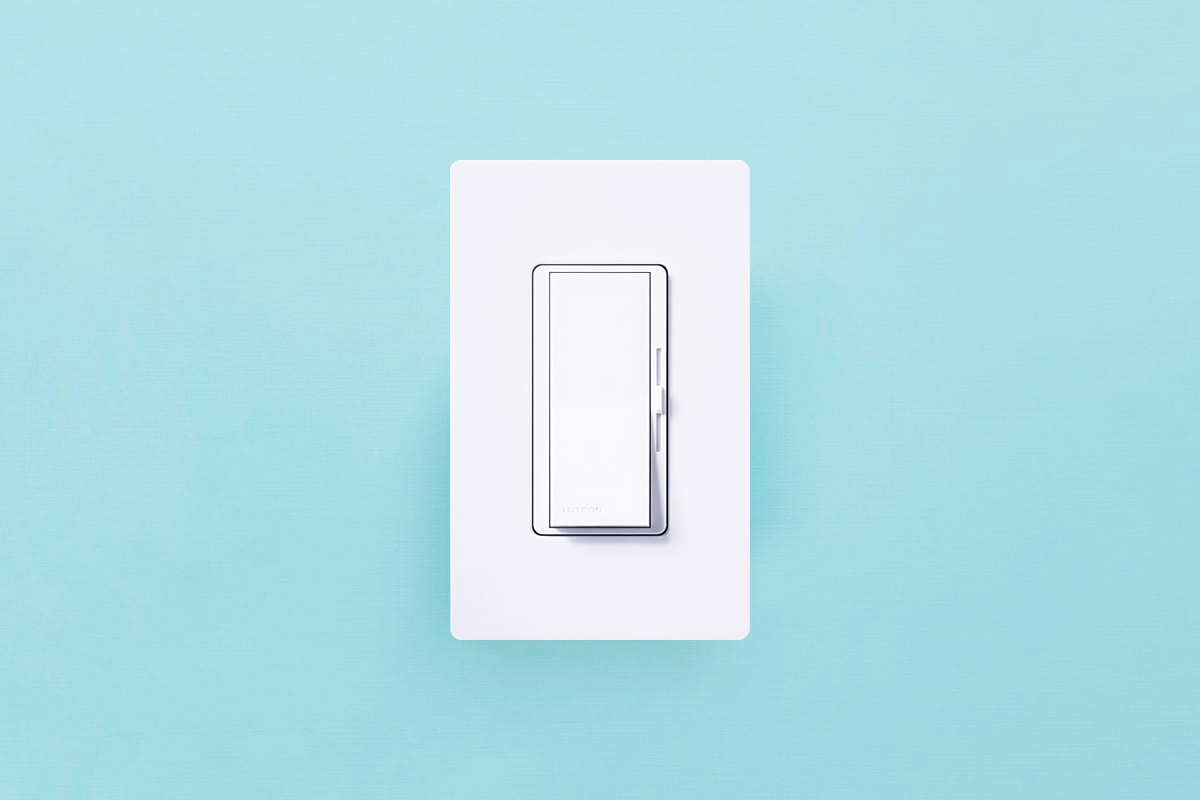The amount of effort and time required to break in a new leather holster will vary widely depending on the manufacturer. For example, Mitch Rosen holsters are unbelievably tight and require a significant amount of break-in, while Don Hume holsters can generally be broken in within a few days.
How to Break in a Leather Holster
Most all-new leather holsters will require some breaking in before they function as they should. This is perfectly normal. If you take a look around online, you’ll see some really interesting advice on how to break in a holster.
To break the holster in, you can do the following. All shall be done with an unloaded weapon:
- Insert the unloaded weapon into the holster and fully seat it down. Once the holster has been fully seated (seated means inserted in the holster all the way), leave it in the holster for a few days. This will allow the leather to slowly stretch out just a bit around the weapon.
- Put the holster on. Take the unloaded weapon and start doing repetitive holstering and draws over a period of time. You can usually do this while watching TV or a movie. Each time, make sure that the weapon is fully seated and then is fully drawn from the holster. In the beginning, this operation will be very difficult to do, but it will get easier as the holster breaks in. You can do, say, 50 holster/draw in the beginning.
- Only use the following method if the previously mentioned methods don’t work. Get a very thin plastic bag like the ones that are used in a grocery store. Make sure they are ultra-thin. Don’t recommend using a garbage bag or anything that thick, as you’ll end up with an overstretched holster. Insert the unloaded weapon into the plastic bag, and then wrap the bag very tightly around the holster. Make sure that the bag is very tight around the weapon to avoid adding too much extra width to the weapon. Once the weapon is properly wrapped, fully insert it into the holster and let it sit for 24 hours or so. The idea here is that the bag adds some ever so slight extra width to the weapon.
Here are some Don’ts:
- Don’t wet the holster and try to re-mold it to the weapon. If you really think some type of action like this is necessary, send it back to the manufacturer.
- Don’t use products such as Mink oil, saddle soap, or leather soap. While these agents may work great on saddles and baseball gloves, they are unbelievably bad for holsters. Not only will they probably discolor the leather, but each of these items contains chemicals that are designed to soften the leather. The softening chemical will cause the leather to lose its form and shape that the manufacturer works so hard to mold. You’ll end up with a holster that looks and functions like a wet noodle.
- Don’t heat it with a blow dryer and then try to re-form it.
- The don’ts list could go on, but we’ve covered the basic don’ts.
These instructions should get you started on the path to correctly breaking the new leather holster in.

